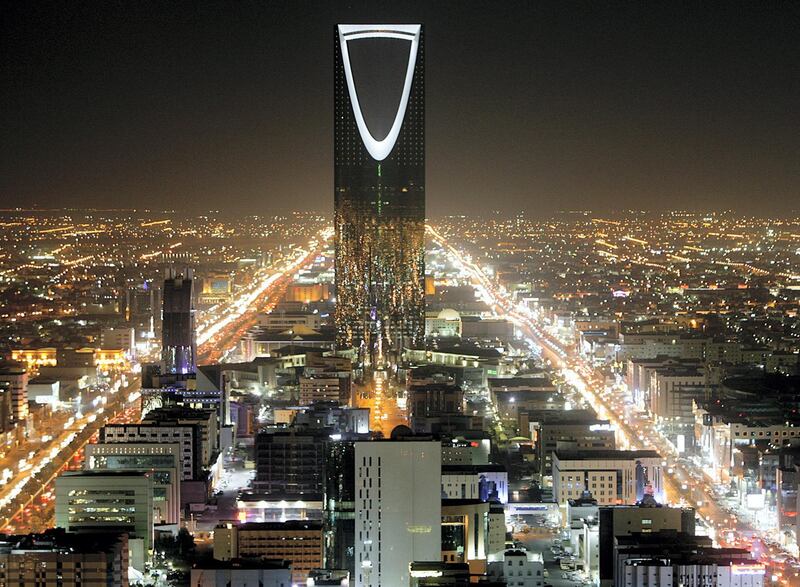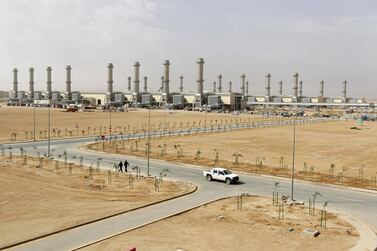Saudi holding company Vision Invest and the UAE’s Etihad Energy Services (Esco) established a joint entity to provide energy efficiency solutions and are open to new investors including the kingdom’s Public Investment Fund, according to one of the partners.
"Indeed we cannot work without them. We will collaborate with them and we will schedule meetings with them and look at the objectives that they have in their strategic plan," said Ali Al Jassim, chief executive at Etihad Esco.
“And accordingly we [will] try to match those objectives,” he added.
Saudi Arabia, the world’s largest exporter of oil, consumes three times more energy per capita than the world average, according to the United Nations Development Programme.
The country used 6.5 tonnes of oil equivalent per capita in 2011, slightly more than three times the global average.
In 2017 the Public Investment Fund officially launched an energy efficiency body to collaborate with foreign partners to achieve up to 40 gigawatt hours of energy savings in 2018.
The newly established entity will look at similar targets achieved in Dubai of “between 25 per cent and 35 per cent, if not more”, said Mr Al Jassim.
“The purpose of this JV is to extend the services across the board. We’re looking at existing buildings as well as retrofitting,” he added.
In Dubai, similar targets have led to savings of 88GW of electricity, 246 million gallons of water as well as reduced more than 407,000 tonnes of carbon dioxide emissions, according to Esco.
The services will be rolled out from the Saudi capital Riyadh and the JV partners are open to collaboration with international partners in driving the kingdom's energy efficiency programme forward. "We need partners and we need bigger partners than the ones we have. We are looking at larger-scale projects to match the kingdom's position," said Mr Al Jassim.
Saudi Arabia, the world’s largest crude-exporting nation, has taken steps to integrate more renewables to its electrical grid and also lower energy waste.
The PIF-backed National Esco, which was launched in 2017 with a capitalisation of 1.9 billion riyals (Dh1.86bn), has been given the responsibility for energy efficiency measures at schools, mosques and all public buildings occupying 30,000 square metres or more of floor space.
All government entities are obligated to work with the body to implement energy efficiency measures.








